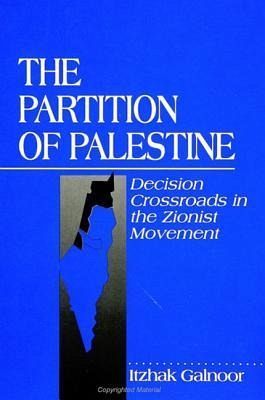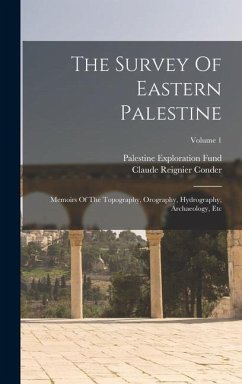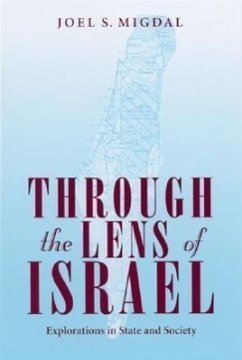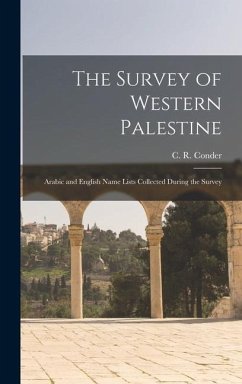
The Partition of Palestine: Decision Crossroads in the Zionist Movement
Versandkostenfrei!
Nicht lieferbar
Some seventy-five years after the boundaries of the British Mandate for Palestine were set, the State of Israel still lacks a defined territory and agreed-upon boundaries, except for its boundary with Egypt. This book examines this unusual situation, concentrating especially on the perceptions of territory and boundaries within the Zionist movement. Galnoor discusses the period from the first territorial decision in 1919 up to the establishment of the State of Israel in 1948, placing special emphasis on the relatively unknown Zionist, Palestinian, and Arab positions regarding territorial parti...
Some seventy-five years after the boundaries of the British Mandate for Palestine were set, the State of Israel still lacks a defined territory and agreed-upon boundaries, except for its boundary with Egypt. This book examines this unusual situation, concentrating especially on the perceptions of territory and boundaries within the Zionist movement. Galnoor discusses the period from the first territorial decision in 1919 up to the establishment of the State of Israel in 1948, placing special emphasis on the relatively unknown Zionist, Palestinian, and Arab positions regarding territorial partition in 1937. And he argues that although dramatic changes have occurred in the international and regional arena, the partners to the conflict, the security considerations, and the international dilemmas, the 1937 decision contained the parameters of the choices that have confronted Arab and Israeli leaders ever since. His findings are of direct relevance to the ongoing Arab-Israeli peace negotiations, which once again revolve around the trade-off between national goals and territorial aspirations.









